Waters Staff
Waters Staff is comprised of contributors with a variety of expertise across our organization.

Waters Staff is comprised of contributors with a variety of expertise across our organization.
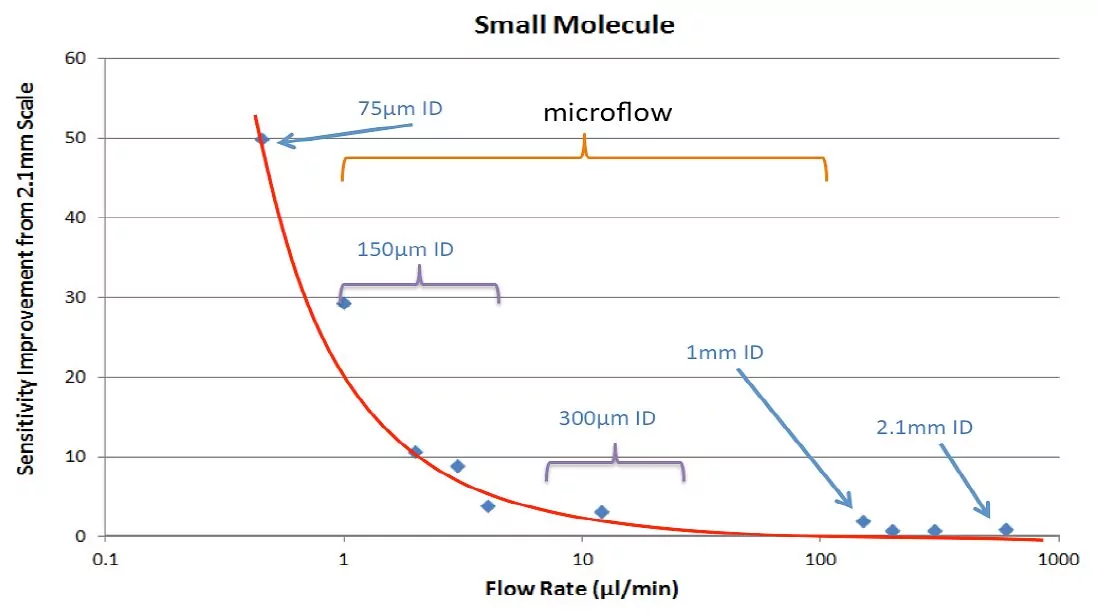
What are the differences between micro-scale and conventional LC? Microflow (a.k.a. microscale) LC has been widely applied to proteomic research for years. Recently, as microflow LC-MS systems continue to evolve, more and more laboratories in various fields are weighing the implications of applying this small-is-beautiful technology. In this and my next two blog posts, I will discuss…
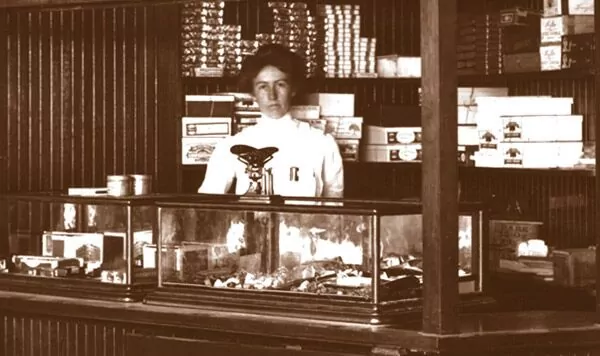
This past May, many of the nation’s leading bioanalysts gathered in New England to share ideas and explore the latest advances in mass spectrometry, liquid chromatography, and sample preparation for large molecule quantification. At Waters’ semi-annual bioanalysis workshop, scientists from across the U.S. trained on the latest mass spectrometry instrumentation at our demonstration center in…

Welcome to the next installment in my series on binary vs. quaternary pumps for liquid chromatography! In my previous post, I discussed how gradients are created as well as the importance of having accuracy and precision in your gradient. Today I am going to talk about what happens after all that — specifically, mixing. After chromatographic…

The spatial distribution of molecular species in a sample can provide a wealth of information about biological, chemical and physiological processes. Mass spectrometry (MS) imaging is a rapidly developing research technique that enables specific measurement of molecular targets at complex surfaces. This direct-from-sample analytical technique provides researchers with the information needed to quickly and objectively…

In biomedical research, scientists need the ability to accurately and precisely measure a biomarker or set of biomarkers in some disease vs. healthy experimental design. The ability to measure something depends on the ability of the measurement methodology, including analytical tools, to accurately and precisely quantify the true value for the object of interest. Accuracy:…
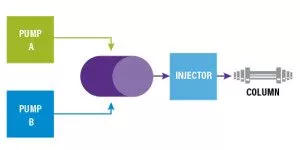
How is a Gradient Created? Any liquid chromatograph (LC) is an amalgamation of a certain set of components that delivers to the scientist a monograph of the sample they are analyzing. Traditionally, an LC system consists of a pump, an injector, a column heater, a detector, and even more commonly these days a mass spectrometer…
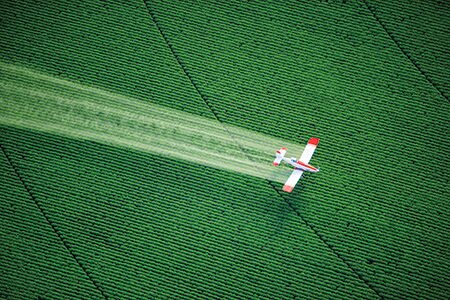
For decades, food security was viewed exclusively through the lens of shortages. In the 1960s, when daily food availability in emerging countries was just 1,850 kcal per person as many as half of the world’s population was malnourished. It’s easy to understand our narrow focus on increasing food production. The challenges we face have shifted….

Question: When someone says microscale chromatography, what comes to mind? Increased sensitivity? Reduced sample volume? Enhanced MS sampling efficiency? Yes, yes, and yes! You might also say, “finicky,” “slow,” or “only one person in our group knows how to use it!” Maybe even, “there’s no way I can successfully transfer that method, so why…
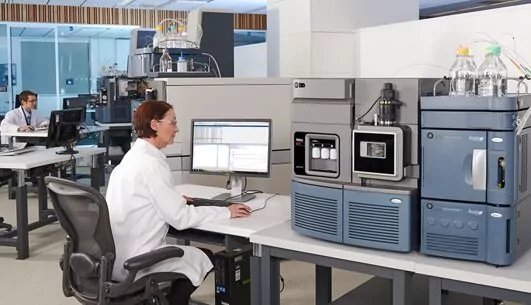
There is a rightfully high expectation from consumers that the amounts of compounds and ingredients that producers report in their goods are accurate down to trace levels. Whether personally or professionally, we all rely on this analytical information coming from laboratories that enables critical decisions to be made. Analytical chemists have been performing quantitative studies…

Held April 18–22 in Lake Buena Vista, Florida, WRIB 2016 was well attended this year, with about 700 attendees. This 10th Workshop on Recent Issues in Bioanalysis, where regulators and professionals representing pharma/biopharma, biotech, CRO organizations gather to discuss challenges in method development and emerging approaches, proved as fruitful as years past. Here are a…
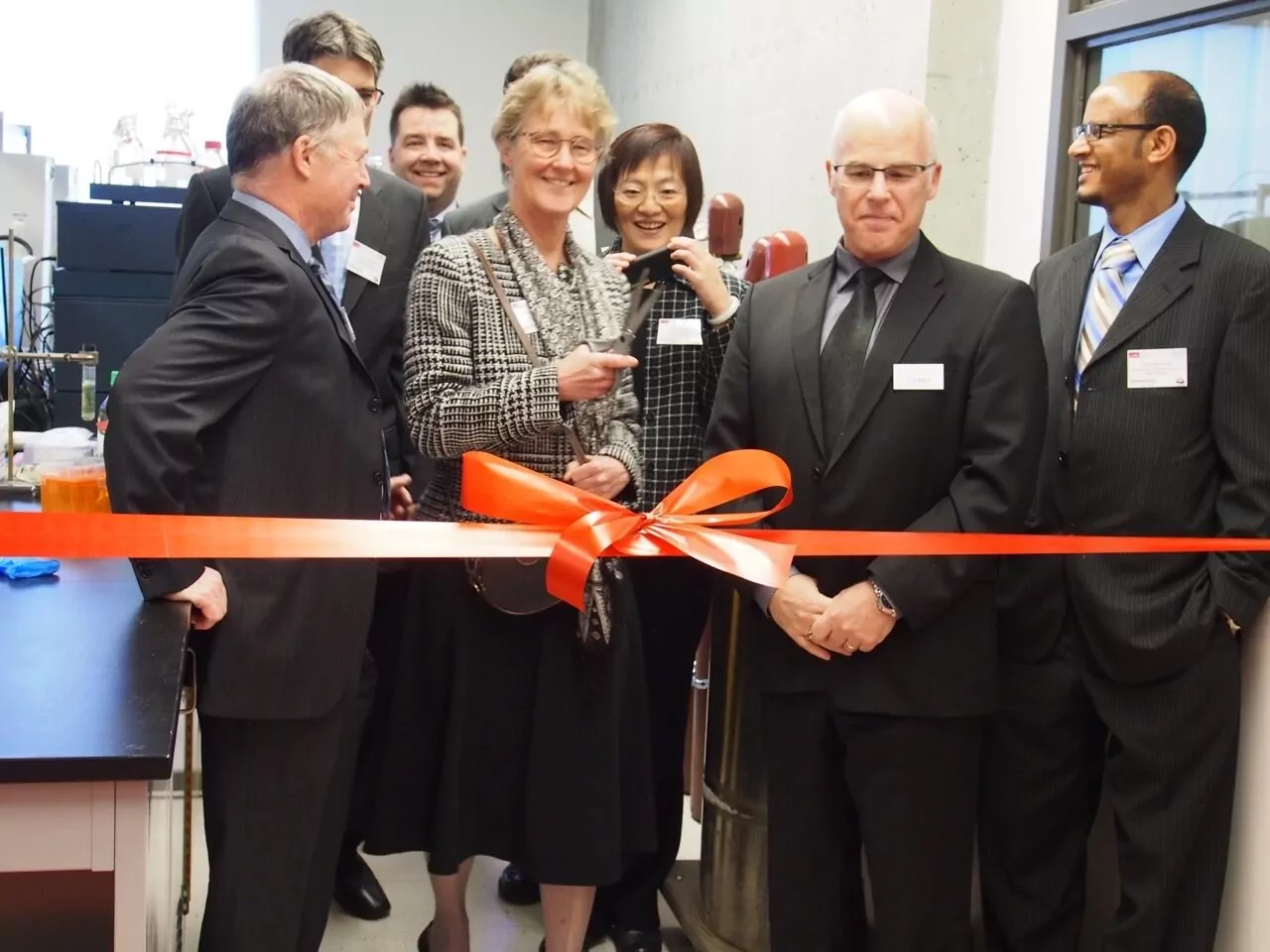
As a graduate student at the University of British Columbia, Dr. Roger Linington discovered his future life’s work serendipitously. While studying sponges, it became clear to him that one of the challenges in studying macroorganisms is their limited or slowly replenishing supply. To perform mechanism and mode-of-action studies, he needed a larger, more accessible source…
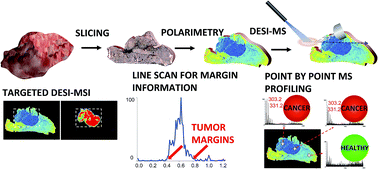
How does mass spectrometry (MS) imaging provide a molecular image that can be used for the biochemical characterization of histological images? A rapidly developing technique for clinical research, MS imaging enables investigation of the spatial distribution of molecules at complex surfaces. It’s a direct-from-sample analytical technique that provides researchers with the information needed to quickly…